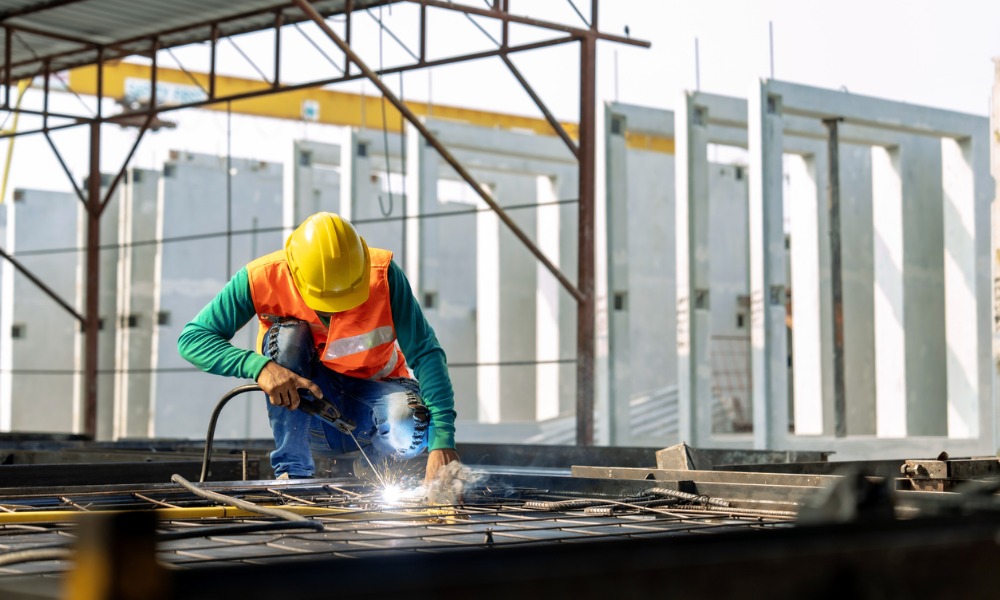
[ad_1]
Demand for new homes has slowed due to weaker economic growth
The pace of increase in house-building costs in New Zealand has slowed to its lowest level in over seven years, influenced by high interest rates and economic uncertainty, which have dampened the demand for new homes.
According to a report from CoreLogic New Zealand, construction costs rose by 2.4% in the year through December, marking the smallest annual increase since the 12 months ending September 2016. In the fourth quarter, the increase was 0.8% from the previous three months.
A Bloomberg report noted that this deceleration in home-building inflation, the lowest since 2016, comes amid aggressive monetary tightening by the Reserve Bank and a weaker economic growth outlook. These factors contributed to a decline in house prices and subdued consumer confidence throughout much of the year, subsequently slowing the demand for new home construction. Building consents issued in the year through October fell by 21% compared to the previous year.
Kelvin Davidson, CoreLogic’s chief property economist, attributed the slowdown in cost increase to reduced pressure on the industry’s overall capacity. This easing is a shift from the end of 2022, when builders faced significant challenges in meeting workloads for new houses and renovations.
“Records show material supply chains are easing further — with timber prices stabilizing and even some modest falls for metal products,” Davidson said.
The construction cost index, which reflects the cost of building a standard 200 square meter brick and tile house including labour, materials, plant hire, and subcontractors, saw a record 10.4% increase in 2022. This spike was driven by a squeeze on building material supplies and a labour shortage exacerbated by border closures that limited the influx of foreign workers.
House prices in New Zealand began to show signs of recovery in the latter half of the year as expectations grew that the Reserve Bank would cease rate hikes. CoreLogic anticipates that construction costs will remain moderate in 2024, partly due to record net immigration, which is helping to alleviate wage pressures. Salaries constitute a significant portion of the cost of new builds, excluding land.
Davidson forecasts that the annual rate of change in the index may hover around 3-4% throughout the year, with builders remaining busy but not experiencing the intensity of recent years.
“Although it’s unlikely costs for households potentially looking to buy a new-build or commission their own project will get any cheaper, at least costs shouldn’t be spiking higher, either,” he said.
What are your thoughts on this story? Please feel free to share your comments below.
Related Stories
Keep up with the latest news and events
Join our mailing list, it’s free!

[ad_2]
Source link


